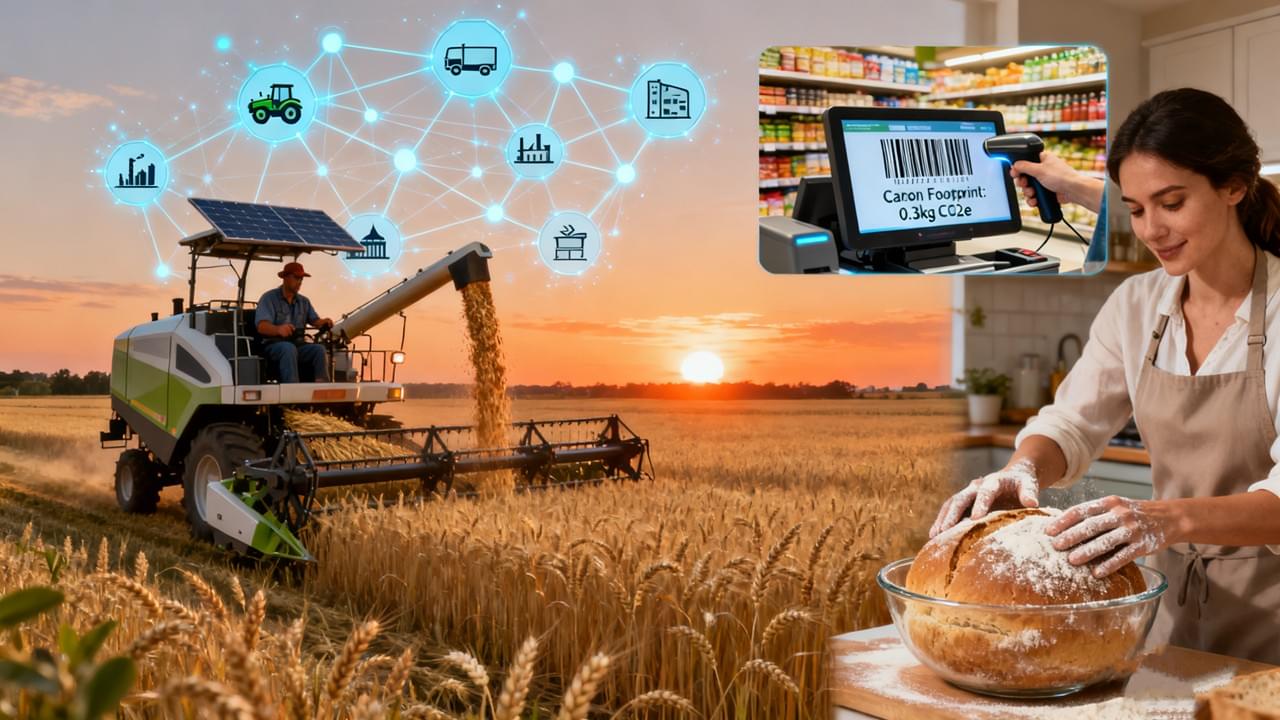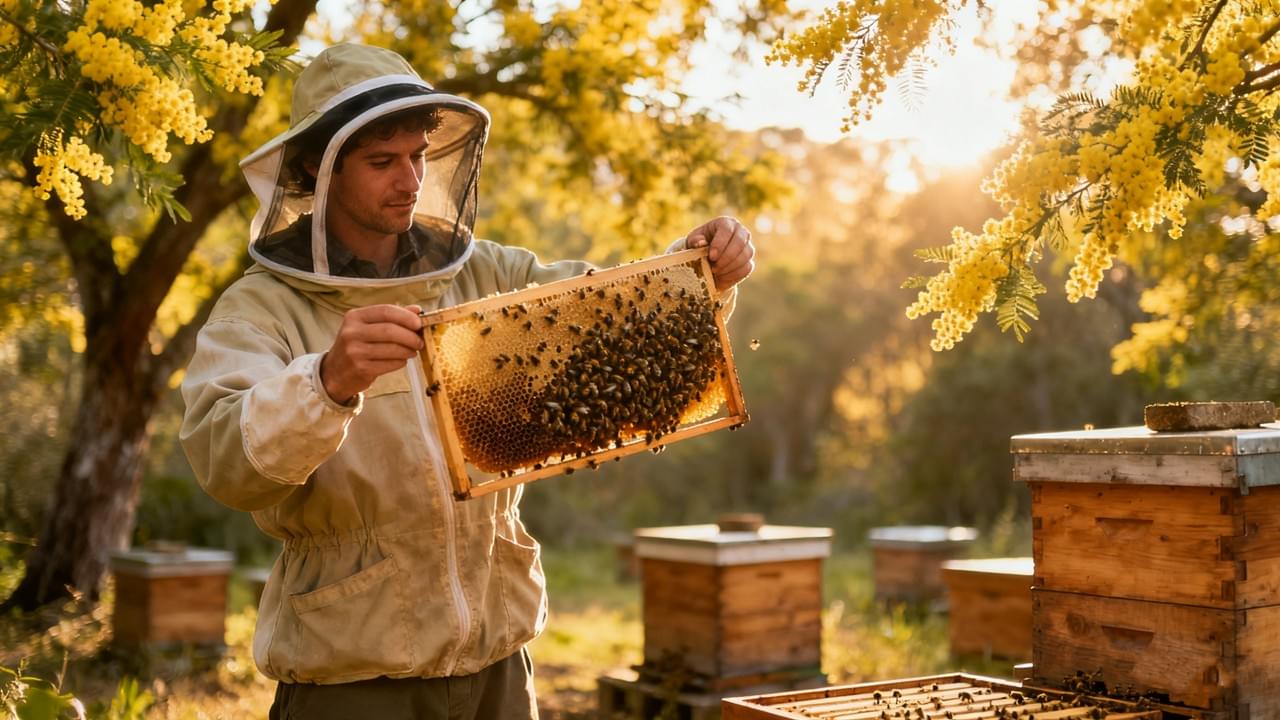In a fast-changing food market, food traceability has evolved from a compliance measure into a trust-building strategy. Today’s consumers don’t just buy food—they buy assurance. They want to know where ingredients come from, how they’re processed, а также who ensures their safety.
For over 20 years, Уху Дели Фудс Ко., Лтд. has championed supply chain transparency in food industry practices, ensuring that every jar of honey, every drop of syrup, and every batch of plant protein can be traced back to its authentic source. This approach not only strengthens consumer confidence but also empowers B2B buyers seeking reliability and accountability.
Оглавление
Переключать1. What Food Traceability Means—and Why It Matters
At its core, food traceability refers to tracking a product’s complete journey—from raw materials to finished goods. For manufacturers like Wuhu Дели Фуд, that means documenting every step: honey sourced from pollution-free beekeeping regions, rice grown for organic syrups, and carefully processed plant proteins.
Traceability ensures:
- Safety: Rapid identification and control of quality issues.
- Compliance: Full alignment with ISO, FSSC, and FDA standards.
- Trust: Transparent data that buyers and consumers can verify.
Deli Foods’ long-standing commitment to food procurement accountability guarantees that its global partners—from retailers like Walmart to boutique organic brands—receive products of proven purity and origin.
2. Farm-to-Table Traceability Process at Deli Foods
The farm-to-table traceability process at Deli Foods starts long before production. The company collaborates directly with certified apiaries and farms to secure ethically sourced ingredients.
Each product batch is coded, tracked, and verified at multiple checkpoints:
- Beekeeping sources for natural and Sidr honey
- Rice farms for organic rice syrup
- Legume suppliers for pea and soy protein powders
All production data—harvest records, temperature logs, and processing details—are stored in digital systems that ensure traceability and transparency across every shipment. This end-to-end control helps Deli Foods deliver 50,000 tons annually without compromising on quality or integrity.
3. Transparency Builds Emotional Connections
Consumers don’t just read labels—they seek stories. When they scan a QR code on a Deli Foods honey jar and see the actual farm location or harvest date, it transforms a product into a story of nature, care, and craftsmanship.
That emotional connection is what drives modern loyalty. Research shows that brands practicing supply chain transparency in food industry gain up to 60% higher customer retention because people trust what they can verify.
By making every step visible, Deli Foods transforms data into confidence and traceability into emotional engagement.
4. Technology: The Backbone of Trustworthy Traceability
To maintain traceability at scale, Deli Foods integrates advanced digital tools:
- Blockchain-based tracking to ensure authenticity and prevent tampering.
- IoT monitoring systems to record storage temperatures during shipping.
- Cloud-based databases that provide real-time visibility for partners.
These technologies ensure that honey, syrup, and plant protein products maintain consistent quality from factory to shelf.
Learn more about food industry innovations at ISO Food Safety Management Standards.
5. Sustainability and Ethical Sourcing at the Core
At Deli Foods, traceability goes hand-in-hand with sustainability. Each sourcing decision reflects respect for ecosystems and fair labor practices. The company’s organic rice syrup а также natural honey lines are produced under strict eco-friendly and non-GMO guidelines.
Traceability helps verify these commitments—allowing Deli Foods to document environmental impact, reduce waste, and ensure every partner in the chain upholds responsible practices.
It’s more than compliance—it’s a corporate philosophy of purity, transparency, and care.
6. Embedding Food Procurement Accountability in Operations
To strengthen food procurement accountability, Deli Foods applies a layered system that ensures both efficiency and credibility:
- Supplier screening for ethics, safety, and certification.
- Batch coding for ingredient traceability.
- Real-time quality monitoring to maintain product standards.
- Open communication with B2B clients through detailed specification sheets and audit support.
This system not only reduces risk but also positions Deli Foods as a dependable partner for private-label and OEM/ODM food production.
7. Turning Traceability into a Competitive Advantage
In global trade, transparency isn’t just a regulatory demand—it’s a differentiator.
By embedding food traceability into its DNA, Deli Foods ensures that every client—from large-scale supermarket chains to niche organic startups—can build their brand on verified integrity.
The result is a powerful synergy: customers trust Deli Foods, and Deli Foods helps them earn their own customers’ trust.
To see how Deli Foods applies traceability in sustainable sourcing, visit Our Sustainability Journey.
From Data to Trust, From Farm to Table
As consumer awareness rises and global standards tighten, food traceability has become the bridge between transparency and trust.
Wuhu Deli Foods demonstrates how combining advanced technology, ethical sourcing, and transparent communication transforms a complex supply chain into a story of confidence—from bee farm to breakfast table.
In an era where information is power, Deli Foods proves that true leadership in the supply chain transparency in food industry begins with honesty—and ends with trust.


